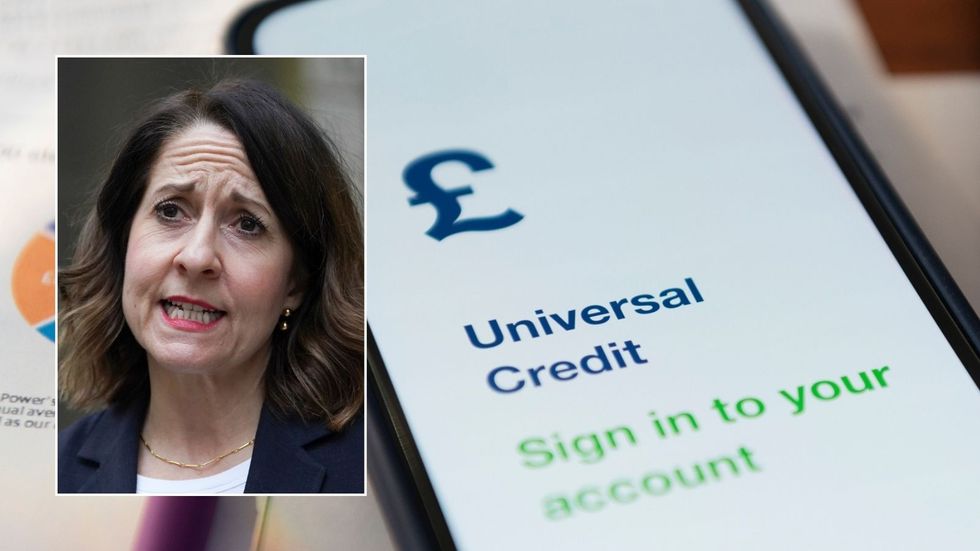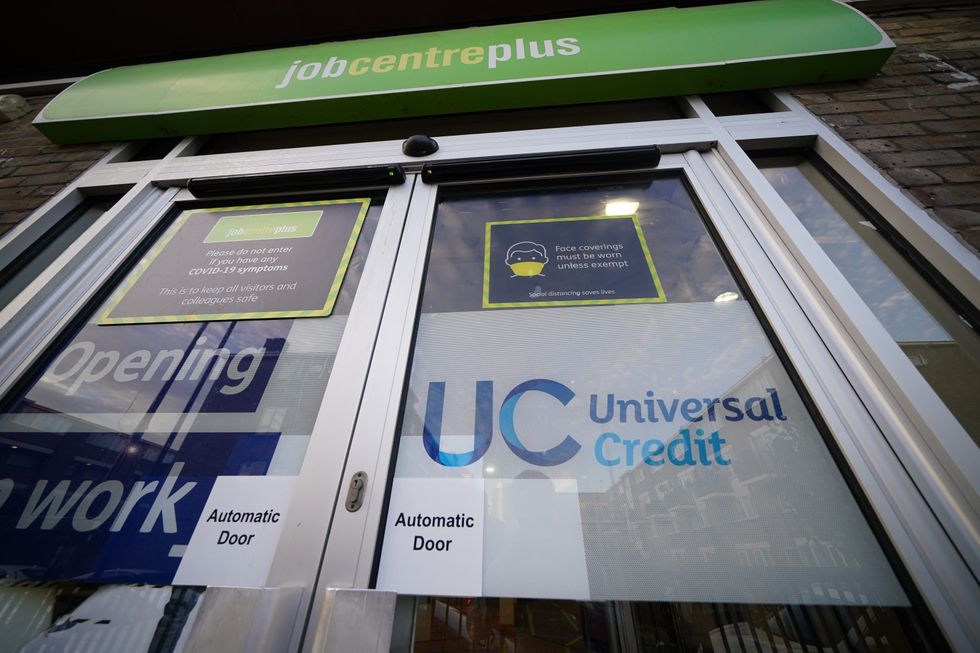The Department for Work and Pensions (DWP) has announced three significant changes to Universal Credit as part of a £240million package aimed at shifting focus from welfare to work.
The changes, outlined in the Get Britain Working White Paper, will affect millions of benefit claimants across the UK. Work and Pensions Secretary Liz Kendall said: “We promised change, and that is what we will deliver.
“For too long, millions of people have been denied opportunities to work and build a better life, and too many children are growing up in poverty, harming their life chances and our country’s future.”
The new measures will improve how the department detects and prevents fraud and error, ensuring support is targeted where needed most. The DWP expects these changes to save £7.6billion by 2029/30.
These reforms are part of the Labour Government’s broader strategy to increase employment opportunities and reduce poverty nationwide. Benefits will increase by 1.7 per cent from April 2025, worth an average of £12.50 per month for families on Universal Credit.
Do you have a money story you’d like to share? Get in touch by emailing [email protected].

Massive changes are coming to Universal Credit
GETTY / PA
However, due to Universal Credit being paid monthly in arrears based on assessment periods, some claimants may not see the increase until June 2025. The new monthly standard allowance rates will see single people under 25 receive £316.98, while those 25 or over will get £400.14.
Joint claimants under 25 will receive £497.55 per month, with couples where one or both are 25 or over getting £628.10. The Secretary of State’s annual review has also confirmed a 4.1 per cent increase to the basic and new state pensions under the triple lock.
This means those in the full rate of the new state pension will see an increase of over £470 per year. Bank holiday payment dates may be affected, with benefits usually paid on the working day before if the regular payment date falls on a holiday.
A new Fair Repayment Rate will be introduced, reducing Universal Credit deductions from 25 per cent to 15 per cent of the standard allowance from April 2025. This change will benefit 1.2 million of the poorest households by an average of £420 a year.

Britons are being urged to calculate how much they could be entitled to from the DWP
GETTY
These deductions cover various debts impacting households, including energy bills, water bills, council tax, rent arrears, service charges, child maintenance and court fines.
Third-party deductions will be set at five per cent of the Universal Credit standard allowance, ranging from £15.85 for single people under 25 to £31.41 for joint claimants aged 25 or over.
Minimum deductions for rent and service charges will be reduced to 15 per cent of the Universal Credit standard allowance, down from the current level of 20 per cent.
The Government is also investing £1billion to extend the Household Support Fund in England by a full year and maintain Discretionary Housing Payments in England and Wales.
This additional funding aims to help struggling families and pensioners facing the greatest financial hardship. The DWP will continue moving claimants to Universal Credit throughout this year, with all managed migration notices expected to be sent by December 2025.
LATEST DEVELOPMENTS:

Changes are coming to Universal Credit
PA
The complete transition from legacy benefits to Universal Credit is scheduled to finish by March 2026. This migration affects claimants currently receiving Working Tax Credit, Child Tax Credit, Income Support, Income-based Jobseeker’s Allowance, Income-related Employment and Support Allowance and Housing Benefit.
Money expert Fiona Peake from Ocean Finance advises: “Universal Credit and other benefits will see updates, with new rules around work requirements. Keep track of any changes to your entitlements.
“The Government’s online benefits calculator is worth checking regularly, as you might become eligible for additional support.
“Consider using budgeting apps or speaking with a financial adviser to create a personalised action plan. The most important thing is not to bury your head in the sand – stay informed and take action early.”